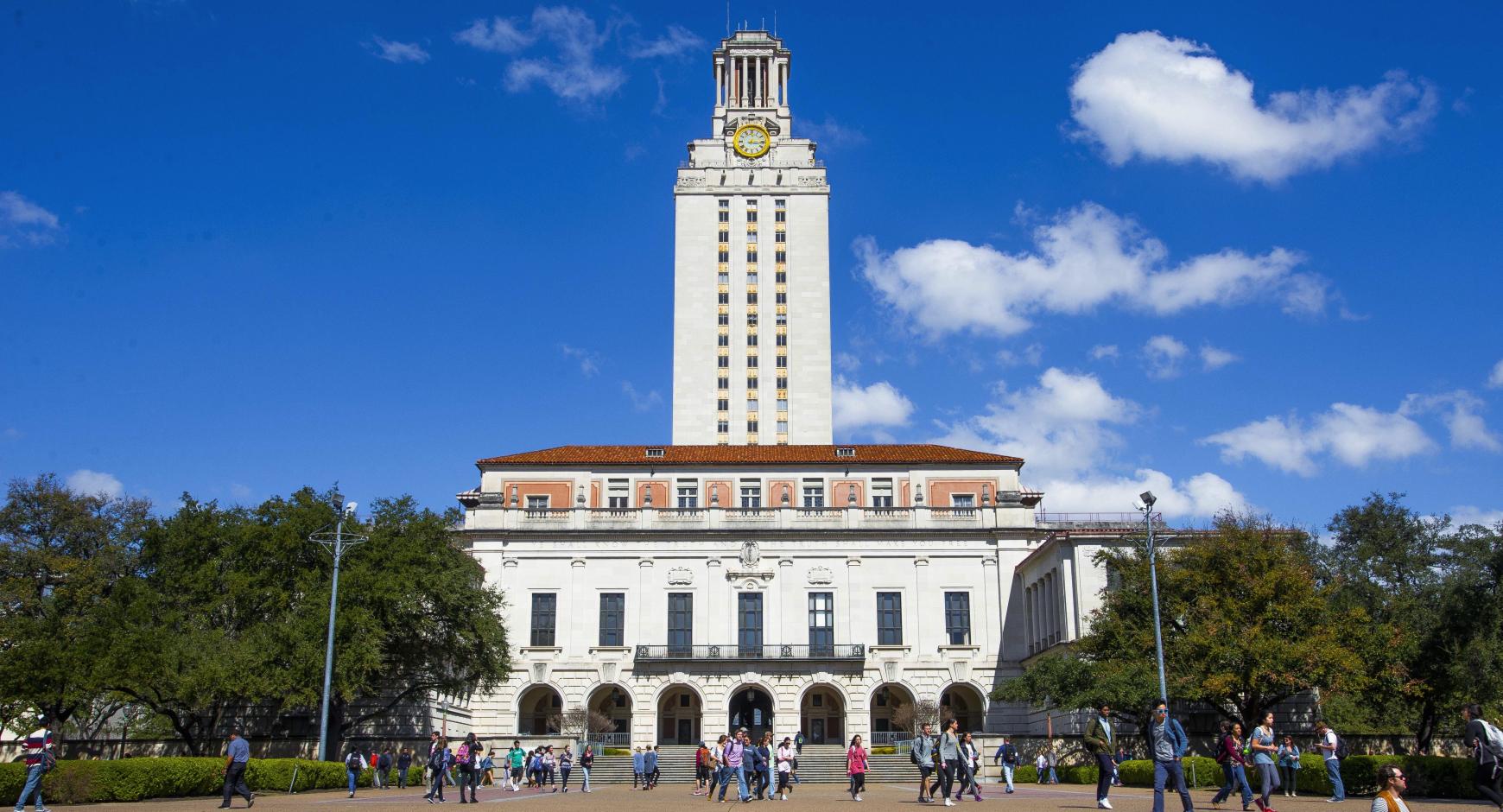Earlier this week, a federal judge dismissed a free speech censorship lawsuit brought against the University of Texas at Austin by the nonprofit organization, Speech First.
U.S. District Judge Lee Yeakel, while ruling in the favor of the university, said that Speech First could not back up its allegations with enough evidence, according to the Statesman.
“Speech First presents no evidence that any University students — much less any of Speech First’s student members — have been disciplined, sanctioned, or investigated for their speech,” Yeakel said in his ruling.
“Without any evidence of a credible threat of enforcement of the challenged policies … this court concludes that the students’ self-censorship is not based on a well-founded threat of punishment under the University policies.”
Filed on behalf of three unidentified students in December, the suit alleged the school of creating an “investigatory and disciplinary apparatus” to stifle speech that it considers “rude,” “biased,” or “uncivil.”
The suit also claimed that its members had stopped speaking on topics including immigration, identity politics, and abortion because they feared their speech could be anonymously reported as derogatory, hostile, and/or offensive to university authorities through the Campus Climate Response Team.
However, Yeakel ruled that the university presented enough evidence before the court to prove that “no such history of punishment exists.”
“While, we agree with the judge’s decision, we acknowledge a shared dedication with the plaintiffs to the importance of free speech on university campuses,” university spokesperson J.B. Bird said in a statement to KXAN TV. “UT will continue to do all it can to support freedom of expression.”
Last week, Speech First filed a similar suit against the University of Illinois at Urbana-Champaign for creating rules and regulations that restrain students from raising issues that are political and social in nature. It further alleges the University of prohibiting bias-motivated incidents by implementing a vague definition that is fully protected under the First Amendment.



